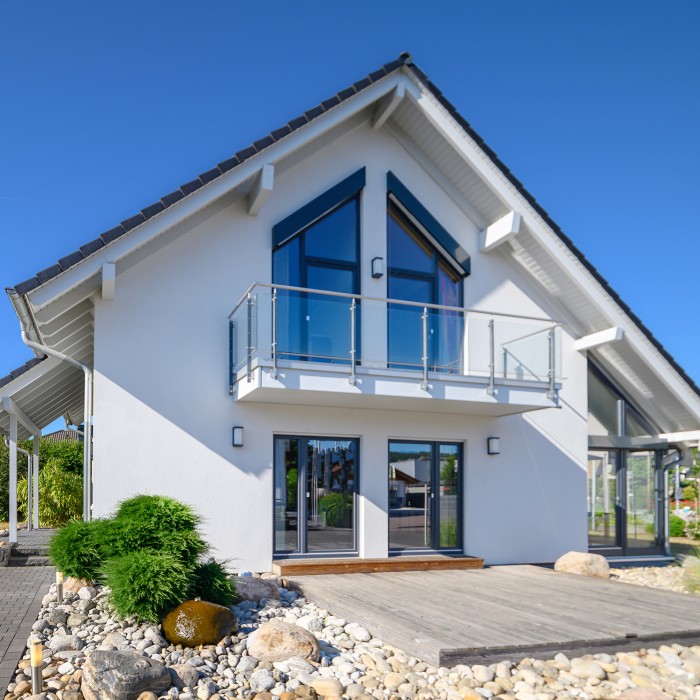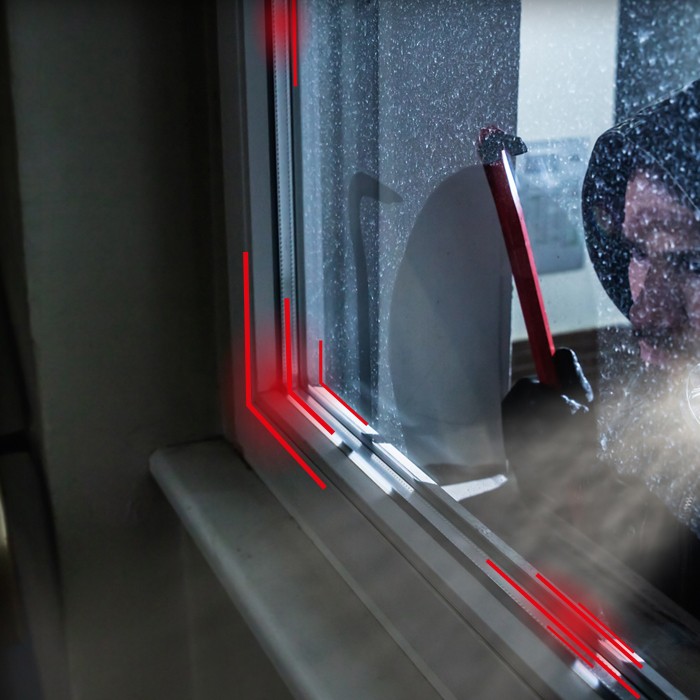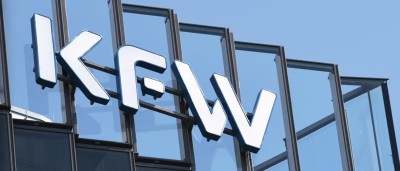
Wide range of funding opportunities
Outdated windows represent an important starting point for improving the energy efficiency of a building and thus reducing carbon dioxide emissions. The state has launched a number of incentive programs to provide financial support for the installation of energy-saving windows. It also promotes measures for greater burglary protection and for the age-appropriate conversion of houses and apartments. Building owners can choose between attractive loan or grant options - depending on their needs.
Table of contents
- Modern windows and doors mean real advantages
- Save taxes quite simply
- Receive favourable loans and lavish subsidies
- Find the optimal promotion
Modern windows and doors mean real advantages
Window technology has developed greatly, especially with regard to thermal insulation. Today, modern window profiles and high-performance glazing make it easy to produce windows that allow 80 percent less heat to escape into the environment than was typical just a few decades ago. It is therefore not surprising that in older buildings, almost half of the heat loss is due to the windows - even though they only make up one tenth of the building envelope. Replacing such outdated windows is therefore an important means of reducing CO emissions2 from residential and non-residential buildings.
But modern windows, balcony doors and patio doors do even more. They can make things so difficult for burglars that they eventually give up - or don't even try to gain access in the first place. They also offer important advantages in terms of accessibility: The fact that a familiar property can still be lived in comfortably and independently at an advanced age represents a high value.
For these reasons, the state has created a whole range of funding instruments to promote the replacement of outdated windows and doors with contemporary, high-performance elements. Incidentally, not only property owners but also tenants can benefit from the subsidies for improved burglary protection and accessibility.
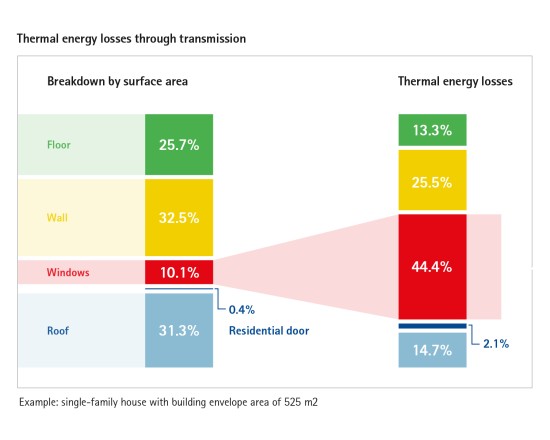
Save taxes quite simply
By far the easiest way to benefit from state subsidies is to file a tax return. In general, private builders can deduct the cost of tradesmen's work from their taxes, namely 20 percent of the labour costs invoiced and up to a total of 1,200 euros per year.
Recently, an attractive option has been added that covers the entire renovation expense over and above the labour costs, for example when replacing old windows with new, energy-saving windows: Over a period of three years, private building owners can claim 20 percent of the total renovation costs and a maximum of 40,000 euros against tax. The prerequisite is that they occupy their property, which is at least 10 years old, themselves. For the tax office to grant the tax bonus, the modernization must also be carried out by a specialist company and achieve a certain minimum energy level.
It often makes sense to combine the replacement of outdated windows with other measures, such as the installation of a new heating system or efficient building insulation. The cost of modernization can then easily exceed the sum of 40,000 euros.
In such cases, it is worth investing a little more time and effort in planning. Because in this way, the more comprehensive support within the framework of the Federal Support for Efficient Buildings (BEG). www.kfw.de becomes available. This is the responsibility of the state-owned KfW Bank or - when it comes to a grant for individual modernization measures - the Federal Office of Economics and Export Control (BAFA) www.bafa.de
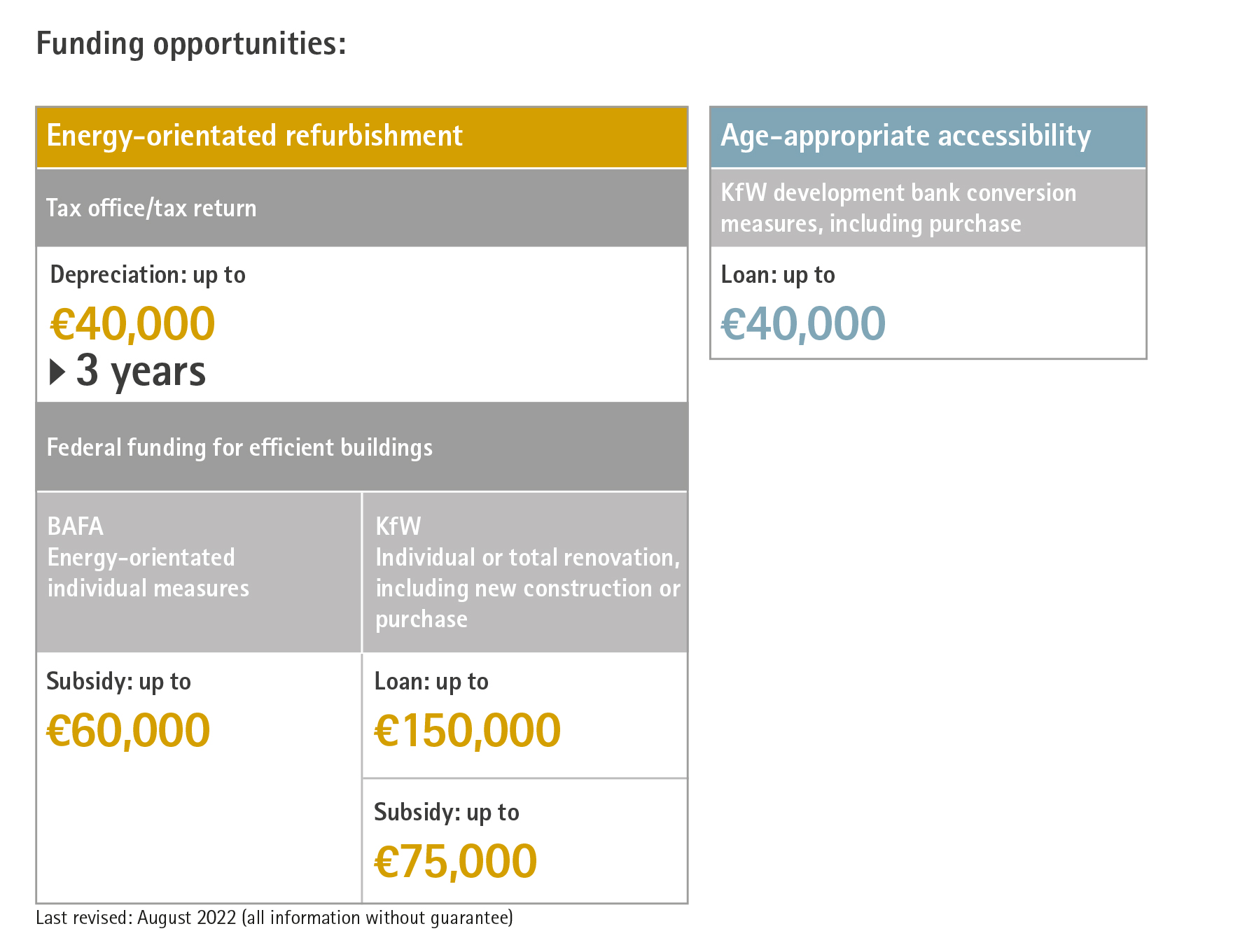
Find the optimal promotion
The following overview can only give an impression of the available funding instruments. Anyone who wants to make the most of government subsidies would do well to consult a professional energy advisor. After all, only experts can reliably assess which measures are particularly effective in which combination and which subsidy programs are applicable in each case. And finally: The involvement of an energy efficiency expert is in most cases a mandatory prerequisite for the application to KfW or BAFA.
The VEKA Funding Assistant provides an initial overview of attractive loan or grant options, as it lists not only the national programmes but also the initiatives of the federal states and municipalities to provide financial support for construction and refurbishment projects for individual locations.
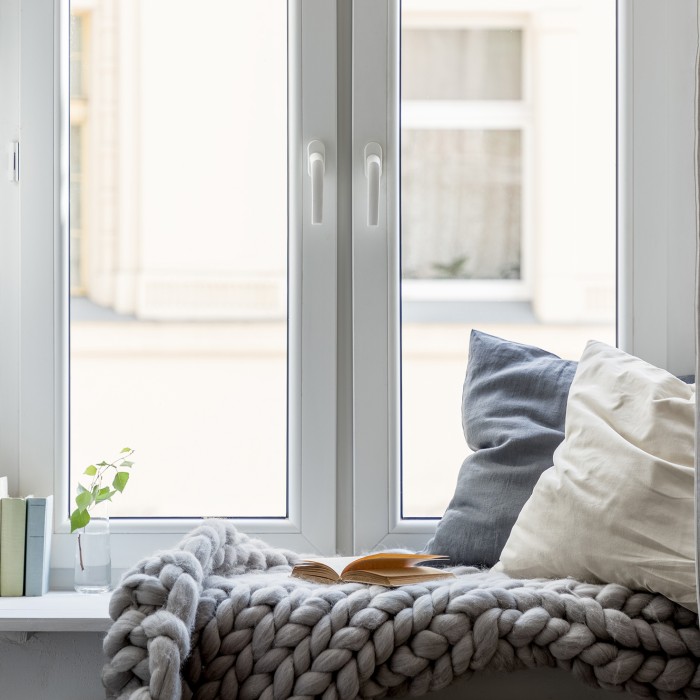
BAFA grant
Through BAFA, the state provides a grant for individual measures to improve the energy efficiency of an existing building. This includes, in particular, the replacement of outdated windows and exterior doors.
The subsidy rate is 20 percent of the eligible expenses. A maximum of 60,000 euros per residential unit and year can be spent on energy-efficient renovation measures.
More information
